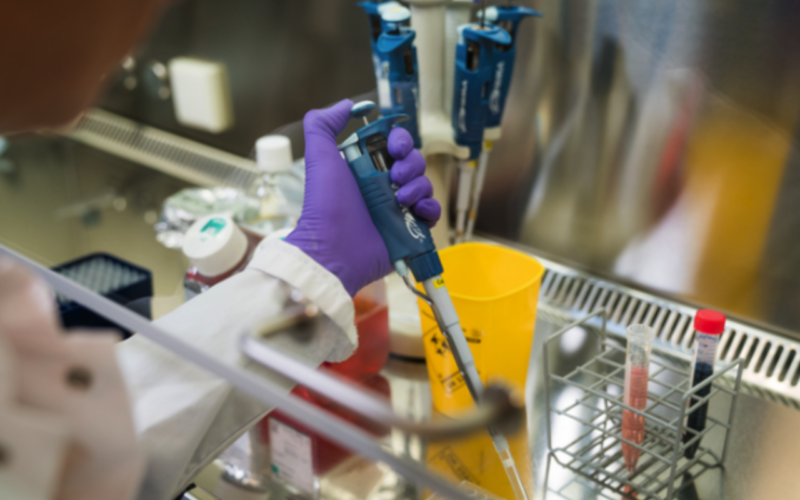We all have that one friend who never seems to age. But did you know this phenomenon is visible not only on the outside but also deep within our blood vessels? This biological ageing caught the attention of Ernest Diez Benavente, PhD, from the Department of Experimental Cardiology at UMC Utrecht. His new research shows that the biological age of our blood vessels plays a significant role in the development of future cardiovascular diseases.
Our chronological age is the number of years we have lived. However, our biological age tells us how old our body is functionally. The biological age of your blood vessels can also greatly differ from your chronological age. Researcher Ernest has examined the biological age of plaques. These accumulations of fat and other substances in the arteries can cause severe heart problems.
By looking at modifications in our DNA, researchers can measure how quickly our blood vessels are ageing. Ernest explains, “In our study, we measured ageing in calcified arteries of patients undergoing surgery to remove these so-called plaques. We discovered that this ageing affects how well your heart and blood vessels will function in the future.”
Using advanced techniques, researchers studied DNA methylation, a process that can indicate how cells change and age. It turns out that during the ageing process, some cells transform into rigid vascular tissue, leading to complications from atherosclerosis. The researchers found that if the biological age of the plaques in your blood vessels increases faster than your actual age, this is a strong signal for future heart problems. Patients with faster-aging arteries had worse outcomes after surgery than patients with younger, healthier arteries. For example, they experienced more often strokes or heart attacks after surgery.
Another notable finding was the difference between men and women. Women are biologically about two years younger in their blood vessels than men. This may explain why cardiovascular diseases often have a different risk profile in women than in men.
For people with diabetes or overweight, this research emphasizes the importance of a healthy lifestyle. The results showed that patients with diabetes and a high body weight biologically have significantly older blood vessels than the group of patients without these traits. By taking better care of your body, such as exercising and eating healthily, you could potentially slow down the biological ageing of your blood vessels and reduce your risk of severe heart problems.
“This breakthrough means that in the future, we can better predict who is at higher risk for heart problems and why,” says Ernest. This could lead to personalized treatments specifically aimed at slowing down the biological ageing of your blood vessels, reducing your chances of further complications or cardiovascular diseases. The researchers are already working on further studies to elucidate this.
Want to know more? Read the full article in ATVB.
